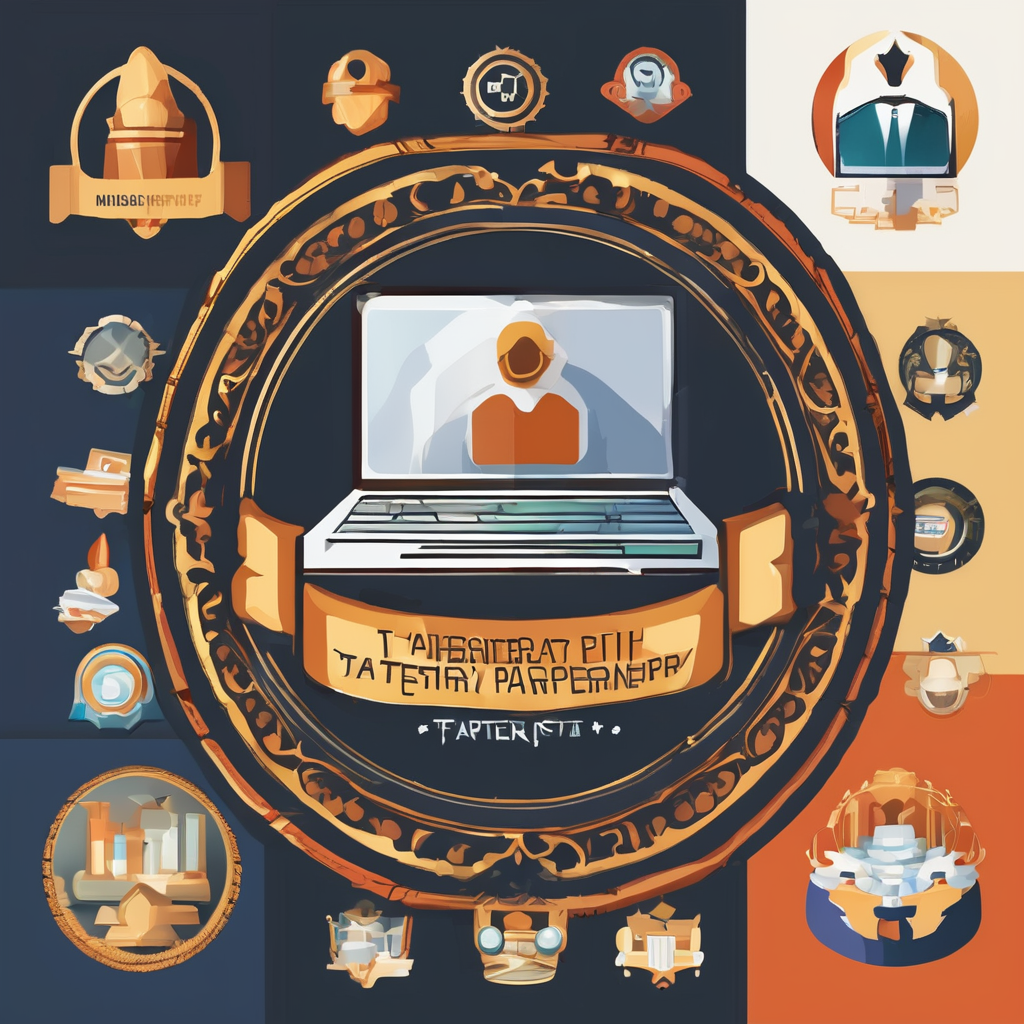Immediate impact of emerging trends on UK business services
Emerging trends are rapidly reshaping UK business services, driving significant business transformation and fostering innovation. The most influential upcoming trends include digital adoption, AI integration, and a stronger focus on sustainability. These factors compel companies to rethink traditional business models and operating practices to stay competitive.
Strategically, these shifts encourage firms to embrace agility, enhance customer engagement, and optimize workflows through technology. For example, businesses are increasingly integrating AI-powered tools to automate routine tasks, leading to improved accuracy and efficiency. This shift not only reduces costs but also frees up human resources for more complex decision-making, thus driving broader business transformation.
Also read : How Can UK Business Services Enhance Their Relevance in a Global Marketplace?
In the UK context, companies like leading consultancies and financial service providers demonstrate rapid adaptation by embedding innovation in their service portfolios. Their proactive approach illustrates the critical value of recognizing and leveraging upcoming trends early. Ultimately, such adaptations support resilience and long-term growth, enabling UK business services to evolve in response to dynamic market demands and technological progress.
Artificial intelligence and automation transforming operations
Artificial intelligence (AI) and automation are rapidly redefining operations within UK business services, driving significant business process innovation. The integration of AI extends beyond routine tasks like data entry—it’s also applied in complex decision-making processes such as risk assessment and customer insights. This multi-layered adoption facilitates faster, more accurate outcomes and empowers firms to manage greater workloads with precision.
Topic to read : Key Strategies for Expanding Your UK Business Service: What Should You Know Before Starting?
Automation enhances operational efficiency by reducing human error and accelerating task completion. For instance, AI-driven chatbots handle client queries instantly, freeing human agents for strategic work. As a result, workforce requirements shift: repetitive roles decrease, while demand grows for employees skilled in AI management and digital transformation.
Early adopters, especially in finance and consultancy sectors, showcase remarkable success. By embedding AI into service delivery, these companies achieve cost savings and improved client satisfaction simultaneously. Their experience highlights a key point: businesses embracing AI and automation position themselves well for sustained business transformation and resilience amid market uncertainties.
Sustainability driving change in business service offerings
Sustainability is rapidly becoming central to UK business services, driven by growing regulatory requirements and increasing client demand for green business services. Companies face mounting pressure to demonstrate genuine corporate responsibility, integrating environmentally friendly practices in service delivery. This shift goes beyond compliance, positioning sustainability as a vital component of long-term business transformation.
For example, firms are adopting energy-efficient technologies and reducing waste within their operations to lower carbon footprints. These initiatives not only align with emerging environmental trends but also enhance brand reputation and open access to new markets focused on sustainability. Measurable benefits include reduced operational costs and improved stakeholder trust.
Looking ahead, sustainability will play an even larger role in the design and delivery of UK business services. Firms pioneering green strategies now are likely to gain competitive advantage as both regulators and customers increasingly prioritise sustainability. This trend encourages innovation, pushing businesses to rethink offerings and bolster environmental commitments as a standard, not a choice. Ultimately, embracing sustainability fosters resilience and positions UK business services at the forefront of responsible business innovation.
The evolution of remote and hybrid work models
The rise of remote work and hybrid workforce models has rapidly transformed how UK business services operate. Increasingly, firms embrace workplace flexibility, allowing employees to split time between home and office. This shift impacts not just where people work but also how services are delivered and client relationships maintained.
Key challenges include ensuring secure, reliable access to systems and fostering digital collaboration without losing team cohesion. Businesses invest heavily in technology platforms that support video conferencing, real-time document sharing, and project management tools. These tools help maintain productivity and enable seamless communication across dispersed teams.
Moreover, adapting to hybrid models changes employee experiences: staff enjoy greater autonomy and work-life balance but may require new skills to thrive in digitally enabled environments. Organizations respond by revising policies and upskilling teams to meet these needs.
UK service providers also observe client expectations shift, increasingly valuing responsiveness and seamless virtual engagements. In sectors such as consulting and finance, hybrid models enhance service agility—supporting faster decision-making and personalised client interaction.
Ultimately, adopting remote and hybrid work shapes UK business services strategically, promoting innovation while addressing evolving workforce and market demands.
Preparing for the future: actionable steps and expert insights
Future-proofing UK business services requires strategic planning focused on embracing business innovation amidst rapidly evolving upcoming trends. Experts advise companies to adopt flexible, technology-driven models that can swiftly adjust to market shifts, including digital transformation and sustainability demands.
To begin with, firms should conduct thorough assessments of their current operations to identify areas ripe for innovation and transformation. This involves integrating advanced technologies such as artificial intelligence and automation to enhance efficiency and accuracy. Strategic planning must also encompass workforce development, preparing employees for new roles shaped by digital tools and hybrid working environments.
Industry specialists recommend leveraging data analytics for informed decision-making, improving service quality, and personalising client engagement. Building partnerships with innovation hubs and professional networks can further support knowledge exchange and adoption of cutting-edge practices.
Moreover, embedding sustainability and ethical considerations into future strategies positions businesses to meet growing regulatory and consumer expectations. This holistic approach to business transformation empowers UK firms to remain competitive and resilient.
In sum, the pathway forward involves continuous learning, agile resource management, and proactive investment in technology and talent—key components endorsed by experts for sustained success in UK business services.





